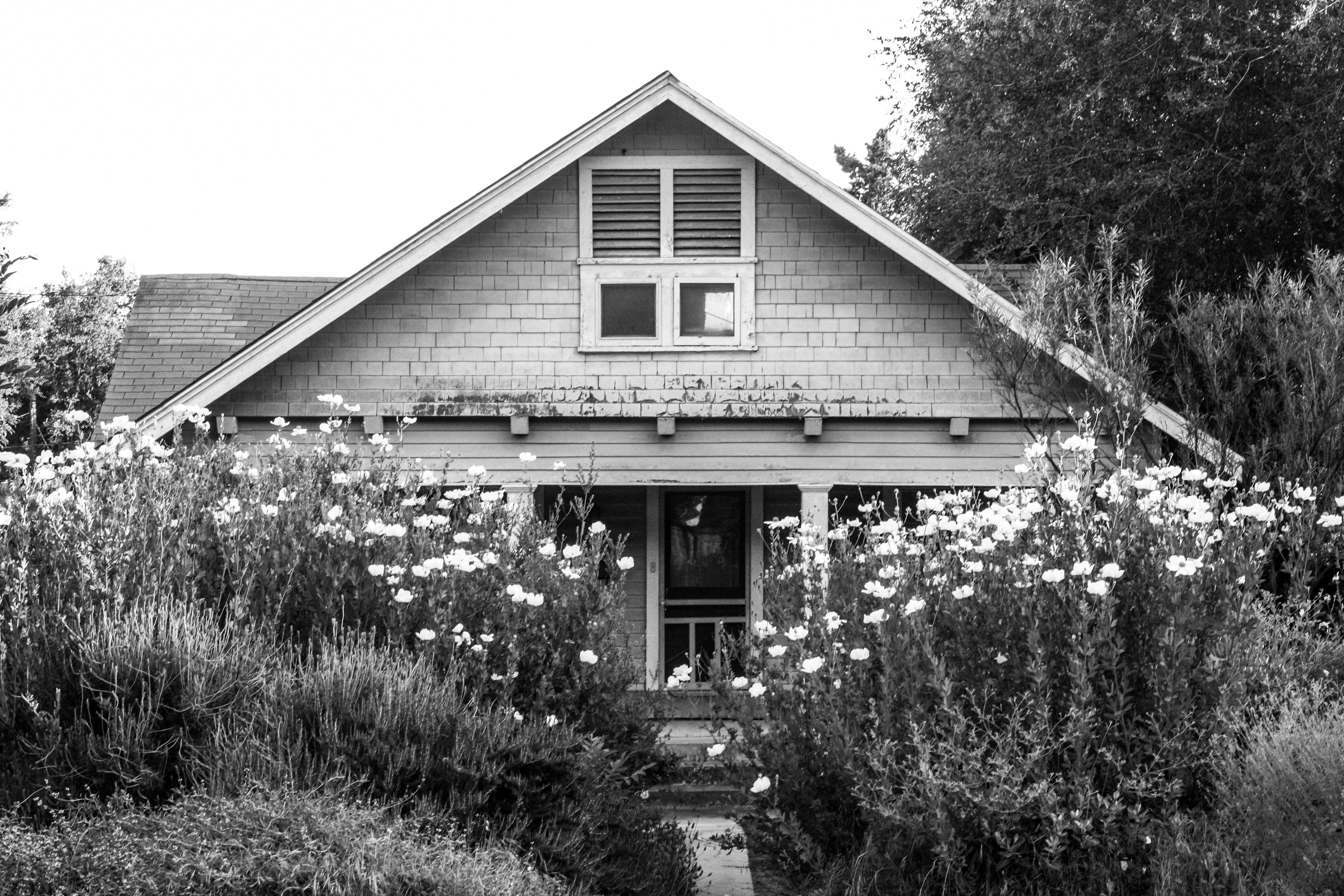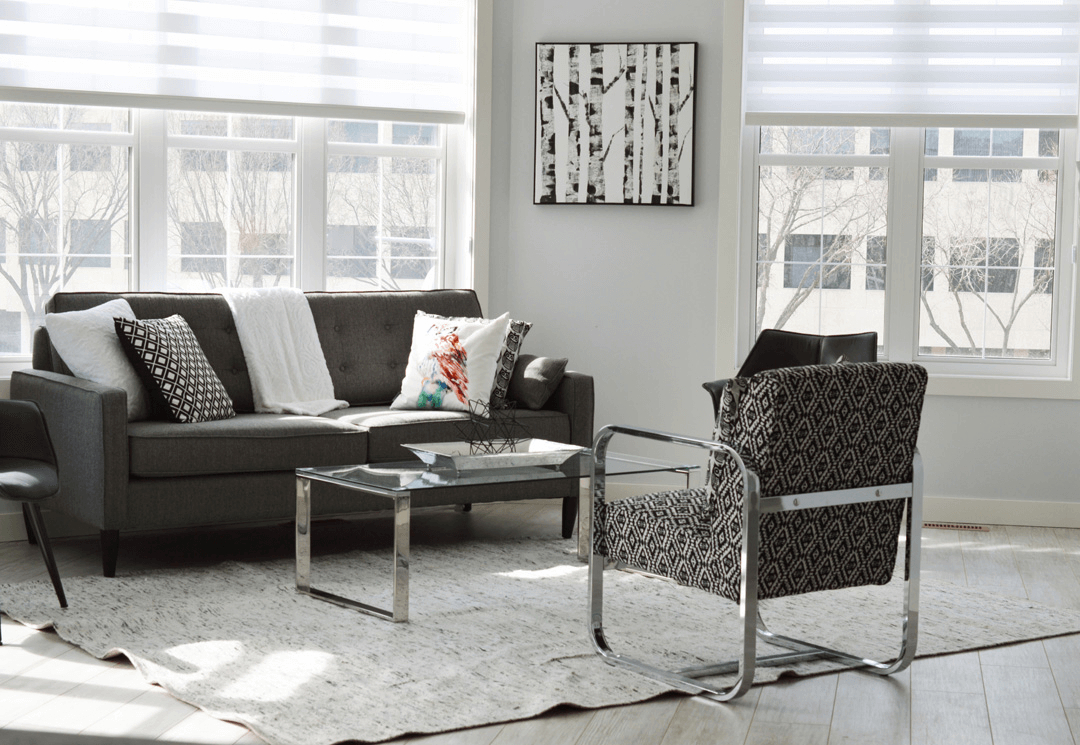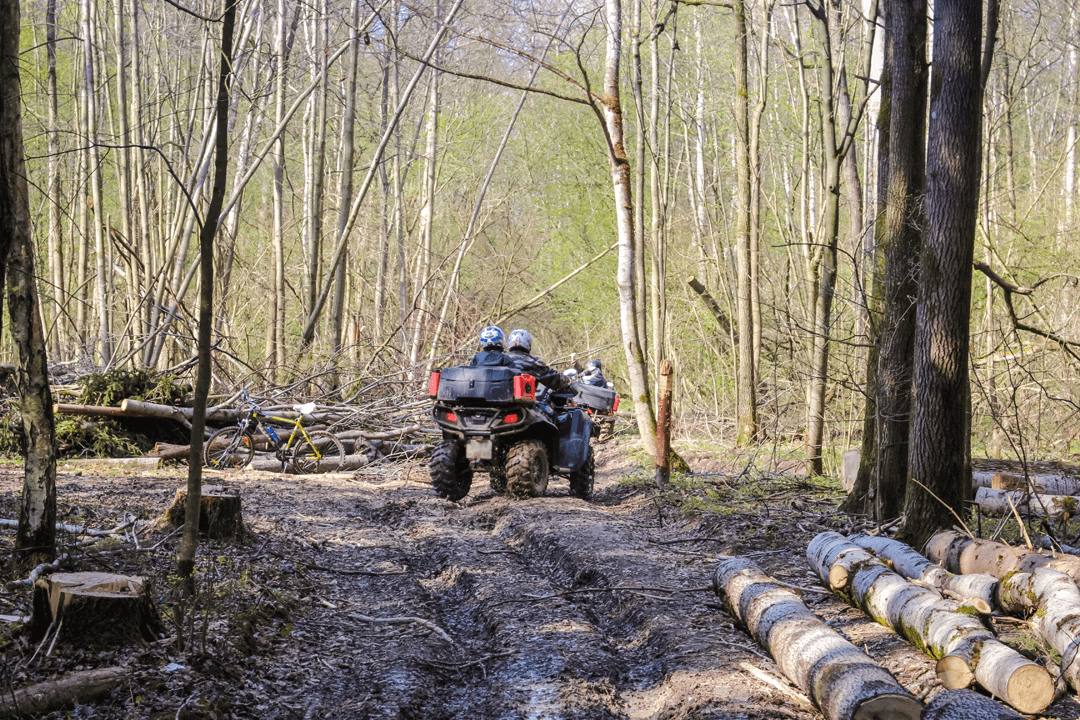
Summer has ended and the days are getting cooler and you know what that means – it’s almost time to close your seasonal cottage or prepare your manufactured home for the winter.
Closing your cottage for winter
- Prevent deterioration by cleaning off your boat before storing it away for the season. Have your boat professionally winterized if possible, which includes getting the engine flushed to prevent blockages, fogging the motor and having fuel stabilizer added to your fuel tanks. You may also want to consider having it shrink wrapped to avoid problems caused by mice and other little critters.
- You may also want to consider boat insurance. A typical boat owner's insurance policy should include physical damage coverage to your boat, motor, boat trailer, boat equipment (anchors, oars, fuel tanks, life jackets, dinghies, tools, etc.) and other personal property against theft, accidental loss or damages.
- Don’t let your cottage become a host to a family of raccoons, mice or other critters. Before you close up for the season, check where animals could possibly get in and block them off. If you have a chimney, use a cap to help prevent animals from entering the cottage.
- Drain and shut down your water systems before the winter to prevent frozen or burst pipes.
- If you don’t have electrical items that you need to run over the winter (like a sump pump, outdoor lights or alarm system), turn off the electricity at your cottage. At a minimum, unplug major appliances to prevent issues and fires.
- Inspect your roof. Have broken or missing shingles replaced before the snow starts and ensure your gutters are free of debris to avoid potential leaks.
- Remove any items that could potentially catch fire like old papers, chemicals or rags.
- If you’re planning to turn the heat off entirely for the season, ensure you also turn off the gas and empty your water pipes to prevent freezing.
- Don’t forget about it – check on your cottage throughout the winter to minimize potential damage.
Preparing Your Manufactured Home for Winter
Winter weather can also take a toll on manufactured homes. Before the snow starts, it’s important to properly update or repair your manufactured home, to help prevent seasonal damage.
- Check the seals around windows, doors, and skylights. This can help prevent water seepage and keep your manufactured home more energy efficient. This can also help prevent increased strain on your furnace.
- Did you know that roof damage is the number one cause of insurance claims in manufactured homes? To avoid costly repairs, check yours before the winter, and have old or missing shingles repaired if needed.
- Repairing and emptying eavestroughs before the winter season can help prevent costly overflows in the spring during thaws. You can also avoid potential ice damming by adding heat tape to prevent ice buildup.
- Don’t forget about your water tank. Replacement of old hot water tanks can avoid leaks and water damage (and no one wants a cold shower in the winter).
- We know you want your home to be as safe and secure as possible. If your mobile home still has an oil tank, maintain it regularly to avoid any costly leakages. Make sure when your tank is being filled that the company checks for any signs of deterioration or leaks. You might also want to consider upgrading old oil tanks or replacing them all together with available alternatives.
- The best time to ensure your furnace is working is before you need it. Replace air filters and perform any seasonal maintenance on your furnace well in advance of the frosty weather to avoid costly failures or potentially frozen pipes.
- Wood stoves can be quaint and cozy, but they require regular maintenance and certification when in manufactured homes. Make sure you replace wood stoves manufactured before the 1990’s, as they may no longer meet current safety standards. Prevention is the key to fire safety – visit this link for more information.
- Check your manufactured home annually to confirm that the unit is still level.
- Don’t forget under the home as well. The underbelly and skirting of a manufactured home should be checked periodically to identify any leaks, wear and tear, or signs of rodents. This can be especially important in the winter when little critters are looking for a warm place to live.
- Protect your personal workshop or she-shed. It’s important to make sure you have enough insurance coverage on your detached structures so that they can be properly replaced in the event of a covered claim.
Contact us to learn how Home Insurance can help protect your summer property against theft, damage and more. OTC Insurance covers insurance needs in Nova Scotia, New Brunswick or Prince Edward Island.


 ;
;
 ;
;
 ;
;
 ;
;
 ;
;
 ;
;
 ;
;


